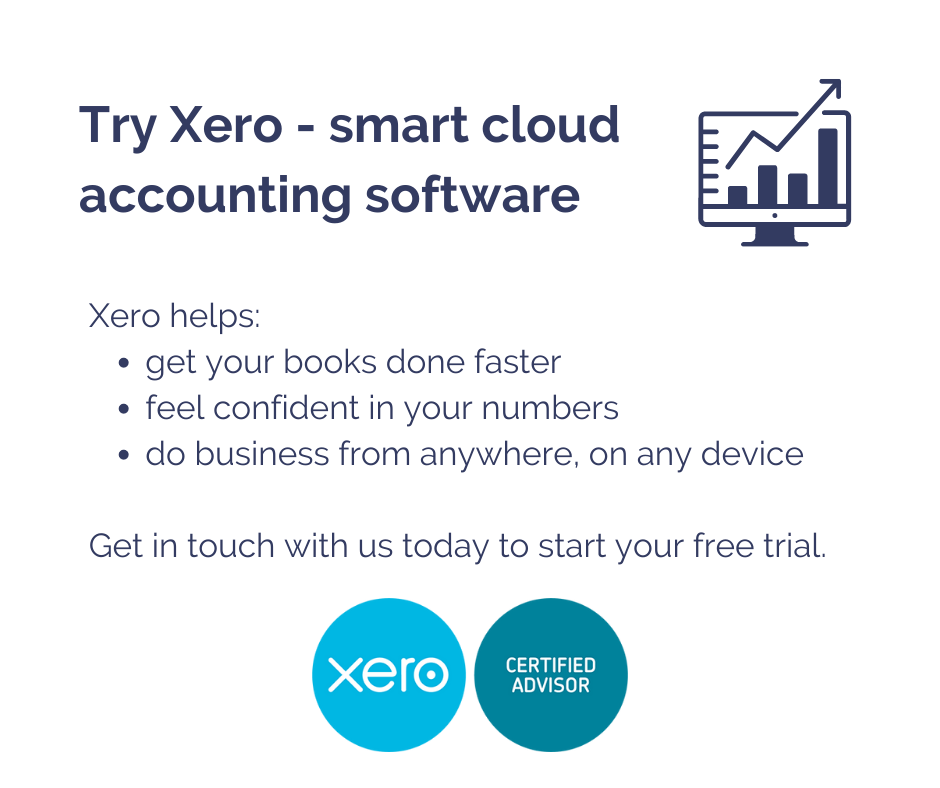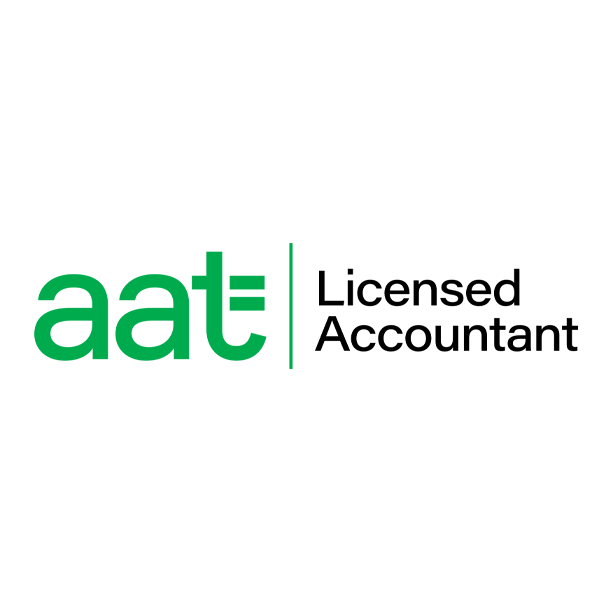
Bookkeeping in the United Kingdom follows a set of principles and practices to maintain accurate financial records for businesses. Proper bookkeeping is crucial for complying with legal requirements, managing finances effectively, and making informed business decisions. Here are some key aspects of bookkeeping in the UK:
-
Double-Entry System:
Bookkeeping in the UK typically follows the double-entry system, which means that every transaction is recorded twice to maintain the balance between assets, liabilities, and equity. Debits and credits are used to record increases and decreases in accounts.
-
Chart of Accounts:
A chart of accounts is a structured list of all the accounts used in a company's financial records. It includes categories such as assets, liabilities, equity, revenue, and expenses. The chart of accounts provides a standardised framework for organising financial transactions.
-
Recording Transactions:
Bookkeepers record financial transactions by posting them to the appropriate accounts in the general ledger. Transactions can include sales, purchases, expenses, payroll, and other financial activities. Accuracy and attention to detail are essential to ensure that all transactions are properly recorded.
-
Bank Reconciliation:
Regular bank reconciliation is performed to ensure that the balances in the company's records match the bank statements. This process involves comparing the company's records of transactions with the bank's records, identifying any discrepancies, and making the necessary adjustments.
-
VAT (Value Added Tax):
In the UK, businesses may be required to register for VAT if their taxable turnover exceeds a certain threshold. Bookkeepers need to accurately calculate and record VAT on sales and purchases, prepare VAT returns, and make VAT payments to HM Revenue and Customs (HMRC).
-
Payroll:
Bookkeepers often handle payroll responsibilities, including recording employee wages, calculating income tax and National Insurance contributions, and processing payroll deductions. They need to stay updated on changes in tax rates, allowances, and employment legislation.
-
Financial Statements:
At the end of each financial period, bookkeepers prepare financial statements, including the income statement (profit and loss statement) and the balance sheet. These statements provide an overview of the company's financial performance and position.
-
Compliance:
Bookkeepers in the UK must comply with various regulations and standards, such as the Companies Act, HMRC requirements, and Generally Accepted Accounting Principles (GAAP) or International Financial Reporting Standards (IFRS) for financial reporting.

Software and Technology:
Many businesses in the UK use accounting software to streamline bookkeeping processes. Popular software options include QuickBooks, Xero, Sage, and FreeAgent. These tools help automate tasks, track transactions, generate reports, and ensure accuracy.

Professional Qualifications:
Bookkeepers in the UK may choose to obtain professional certifications such as the Association of Accounting Technicians (AAT) or become a member of professional bodies like the Institute of Certified Bookkeepers (ICB) to demonstrate their competence and knowledge.

It's important to note that while bookkeepers handle the day-to-day recording and organisation of financial transactions, qualified accountants often perform more complex tasks such as financial analysis, tax planning, and advising businesses on financial matters.

